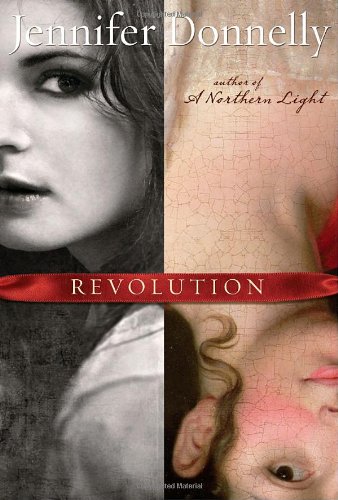 I was warned to brace myself for the events in Catching Fire and Mockingjay! I’ll give my spoiler alert here. I don’t think it is possible for me to discuss the last two books in the trilogy without giving something away. There have been so many reviews about this trilogy that I’ve decided to touch on just a few of the things I appreciated:
I was warned to brace myself for the events in Catching Fire and Mockingjay! I’ll give my spoiler alert here. I don’t think it is possible for me to discuss the last two books in the trilogy without giving something away. There have been so many reviews about this trilogy that I’ve decided to touch on just a few of the things I appreciated:
Suzanne Collins certainly tortures her characters! But, this makes their victories sweeter. I learned something about myself as a writer by reading this trilogy. I have been too soft on my characters. I grow attached to them, and I don’t want to hurt them. I’m going to try to overcome this sentimentality.
Back to the Hunger Games trilogy—I loved these books for so many reasons. Katniss is a strong female character, though flawed. I thought that her confusion concerning Peeta and Gale was entirely natural. In a world so frightening, she feels unable to love freely, to separate fear from her other emotions. She focuses on survival instead of envisioning a quaint “happily ever after.”
Collins’ portrayal of the media’s influence on the war is quite clever. Both the Capitol and the rebels stage and edit events to sway the public. The war as seen on TV is different than the war that is actually happening. Both sides expend great efforts on propaganda. Of course, this happens in our world as well, and this trilogy could remind teens to question instead of believing everything they see.
 In Mockingjay, Peeta warns both sides that the population needs to set down its weapons to avoid extinction. In our world, rapidly becoming over-populated, this might not seem like a present danger. However, I fear that unchecked rage and violence could lead to a reality that resembles the dystopia in the Hunger Games trilogy. Of course, I’ve always been a little paranoid.
In Mockingjay, Peeta warns both sides that the population needs to set down its weapons to avoid extinction. In our world, rapidly becoming over-populated, this might not seem like a present danger. However, I fear that unchecked rage and violence could lead to a reality that resembles the dystopia in the Hunger Games trilogy. Of course, I’ve always been a little paranoid.
I am glad that people like Suzanne Collins are writing books like this for the next generation.



 A withered heart in a jar. Red ribbons circling powdered necks. Spun sugar and sculptures made of bones.
A withered heart in a jar. Red ribbons circling powdered necks. Spun sugar and sculptures made of bones.